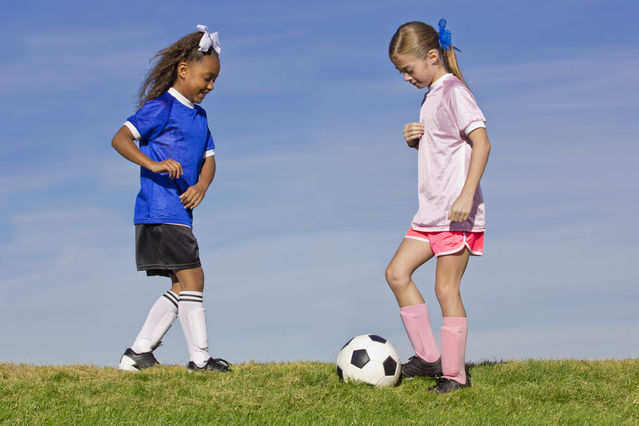Psychology
The Psychology Behind New Approaches to Youth Sports
Why to shift from a coach-centered approach to an athlete-centered approach.
Posted July 10, 2018

As an adjunct professor at Ohio University's Graduate Program for Coaching Education, I attended a Global Coaching Symposium where I had the great honor of listening to Professor Richard Light discuss his research based on assessments of coaching and the importance of the student-centered approach. It peaked my interest to something that I am very passionate about: the building of positive relationships with players!
Why?
When you build a rapport with your players, you build player confidence. When belief is instilled, they are inspired. Communication opens and players begin to speak up because they feel comfortable asking questions. A player participating on a team that is athlete-centered as opposed to coach-centered is more advantageous because learning outcomes can be improved. As the players feel that they are part of the process, they respond accordingly.
Coaching
When players are just talked or yelled at, they get lost and sometimes shut down mentally. This could influence the way they see themselves as players, promoting self-doubt and negative self-talk. Screaming and yelling at players is not going to bring out the best in them. Players need to develop the understanding of why something they might have done is fundamentally wrong and coaches who just yell will lose some of their players. Players may lose the love for the game and become full of anxiety thus increasing the incidence of injury.
Positive pedagogy as discussed by Professor Light discusses the principles of coaching regarding specific ways to work with athletes based on the demands of each sport. The framework created by this approach allows the coaching and overall structuring of practices to enable responses from their athletes by asking questions. This would create an environment where the athletes feel comfortable enough to do the same. This encourages the players to internalize the practice, their roles, and your expectations as a player.
Empower Your Players
When you take the time to properly design your practices and incorporate the positive pedagogy with your players, you will do more for their psyches than you can imagine. This does not mean you cannot still coach and be tough. But by taking into consideration how to elevate player responsibility and accountability through the application of the positive principles of coaching, you will open up the minds of your athletes and create positivity, hence improving productivity.
The take home message is that players will react to your behaviors either good or bad. The question is which way would you like to coach?
References
Light, R. (2012) Game Sense. Routledge.


